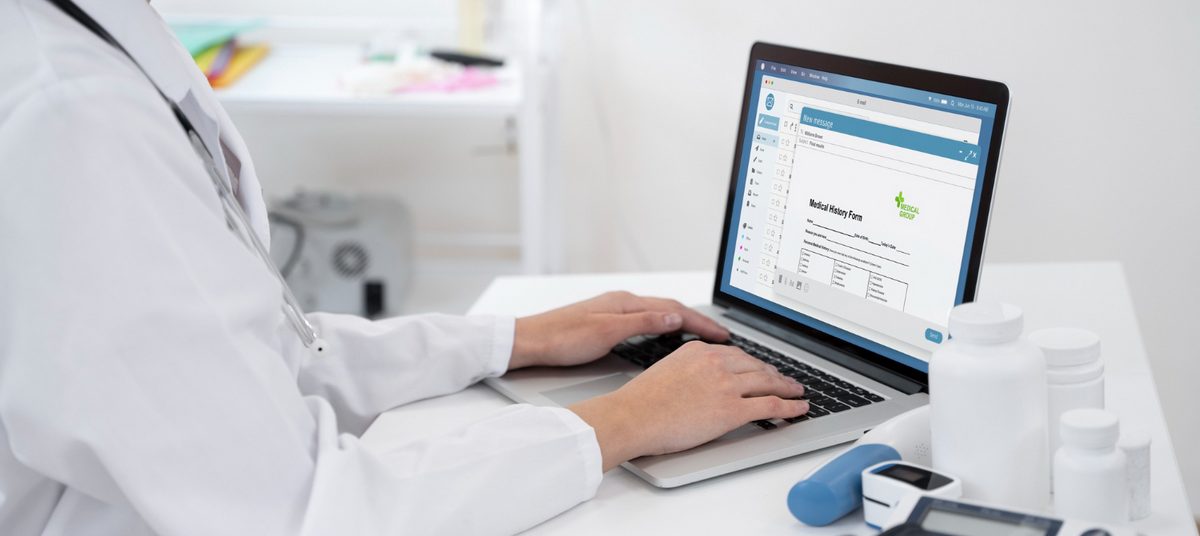It’s a good practice for healthcare providers to have a central repository of patient electronic medical records (EMR) to coordinate with other healthcare networks and providers. EMR is essential, as it allows caregivers to keep and track a patient’s health history across multiple clinical settings. The EMR system also facilitates the creation of shareable medical data. So physicians can have immediate access to the patient’s health and insurance details.
What is Patient EMR?
Traditionally, healthcare practices relied on a patient’s paper charts to record and share the patient’s health information. EMR is the digital version of these paper charts that include the patient’s medical history, prescriptions, diagnoses, and treatments by a physician and other medical personnel.
Unlike paper records, EMR:
- Saves time when tracking medical history
- Sends patients and healthcare providers reminders for appointments
- Bolsters healthcare outcomes
- Assists in monitoring a practice’s quality of care
Role of EMR in the HME/DME Industry
Electronic medical records are essential for all healthcare organizations, but for home medical equipment providers, EMRs are the cornerstone of every workflow process.
DME suppliers provide essential equipment such as mobility aids, hospital beds, nebulizers, prosthetics, oxygen, and other items a patient can’t do without at home. This equipment must reach the patient on time. That is why DME/HME suppliers put extra effort into streamlining eligibility checks, DME billing, and inventory management.
Patient EMR allows DME/HME companies to coordinate with payors and physicians to know the patient’s eligibility and benefits. Before EMRs, verifying patients’ details could take days or weeks.
Thanks to electronic health records, DME patient eligibility checks take only a few minutes.
Eligibility checks are crucial because the Centers for Medicare & Medicaid Services (CMS) have set requirements for what’s reimbursable. With eligibility checks, the supplier knows the patient’s deductibles and copays.
Besides eligibility checks and document verification, EMR is helpful in expediting the revenue cycle management process, from patient intake to DME billing.
Patient EMR comes with a patient portal, which fosters communication between DME providers and patients. This portal enables patients to check the status of their orders, schedule appointments, and set reminders.
EMR Integration
If you’re running a DME/HME business, you already know it’s not easy to glean patient data from EMR systems unless you have a software solution that integrates well with EMRs. Proper integration brings efficiency and connects your DME business and other healthcare providers.
NikoHealth’s DME/HME solution integrates seamlessly with patient EMR and other DME tools, enabling you to share data with other players in the industry. Our software brings more visibility and efficiency to your business, as it’s interoperable with industry-leading EMR systems.





Related Articles